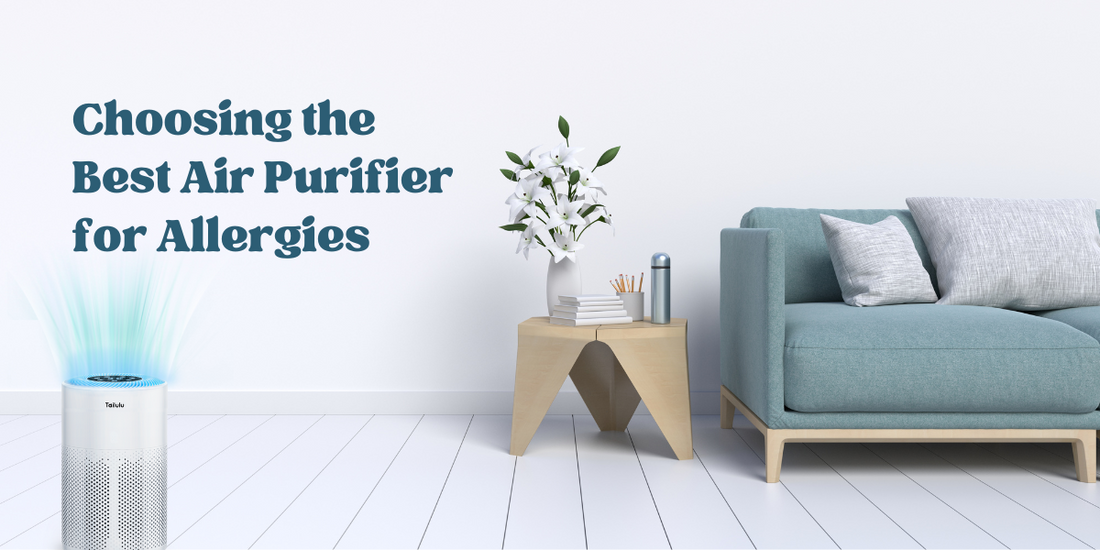Allergies can significantly impact our daily lives, causing discomfort and affecting our overall well-being. Selecting the right air purifier is crucial for reducing allergens and creating a healthier indoor environment. This article aims to guide you in choosing the best air purifier specifically designed to alleviate allergy symptoms.
Part 1: Understanding Allergens and Air Purification
Before diving into the selection process, it is important to understand common allergens and how air purifiers can help mitigate their effects. Allergens such as pollen, dust mites, pet dander, mold spores, and airborne particles trigger allergies. Air purifiers can effectively remove these allergens from the air, providing relief for allergy sufferers.
Part 2: Key Features to Consider
When choosing an air purifier for allergies, consider the following essential features:
1. High-Efficiency Particulate Air (HEPA) Filter
Look for an air purifier that incorporates a HEPA filter. HEPA filters are highly effective in capturing airborne allergens as small as 0.3 microns with a 99.97% efficiency. This includes pollen, dust mites, pet dander, and mold spores. Ensure the air purifier is labeled as "True HEPA" to guarantee its effectiveness.
2. Activated Carbon Filter
In addition to HEPA filtration, an activated carbon filter is beneficial for capturing and eliminating odors, chemicals, and volatile organic compounds (VOCs). This feature helps improve indoor air quality and reduce potential irritants for allergy sufferers.
3. Air Exchange Rate and Room Coverage
Consider the air exchange rate and room coverage of the air purifier. The air exchange rate indicates how many times the purifier can filter the air in a specific room within an hour. Aim for an air purifier with a higher air exchange rate, ensuring more efficient removal of allergens. Additionally, choose a purifier that matches the square footage of your room for optimal performance.
4. Filter Replacement and Maintenance
Check the air purifier's filter replacement frequency and cost. Regularly replacing filters is crucial for maintaining the purifier's efficiency. Opt for an air purifier with easily accessible and affordable replacement filters. Additionally, consider the overall maintenance requirements, such as cleaning and filter monitoring, to ensure hassle-free usage.
5. Additional Features
Look for additional features that enhance the air purifier's effectiveness, convenience, and user experience. These may include:
- Adjustable fan speeds to customize the purification level.
- Timers and programmable settings for automatic operation.
- Air quality sensors that monitor and adjust the purification process based on detected pollutants.
- Quiet operation for uninterrupted sleep or work.
Conclusion
Selecting the best air purifier for allergies involves considering features such as HEPA filtration, activated carbon filters, air exchange rates, room coverage, filter replacement, and additional features. By choosing an air purifier with these attributes, you can significantly reduce allergens in your indoor environment and enjoy cleaner, fresher air, ultimately alleviating allergy symptoms and improving overall well-being.

